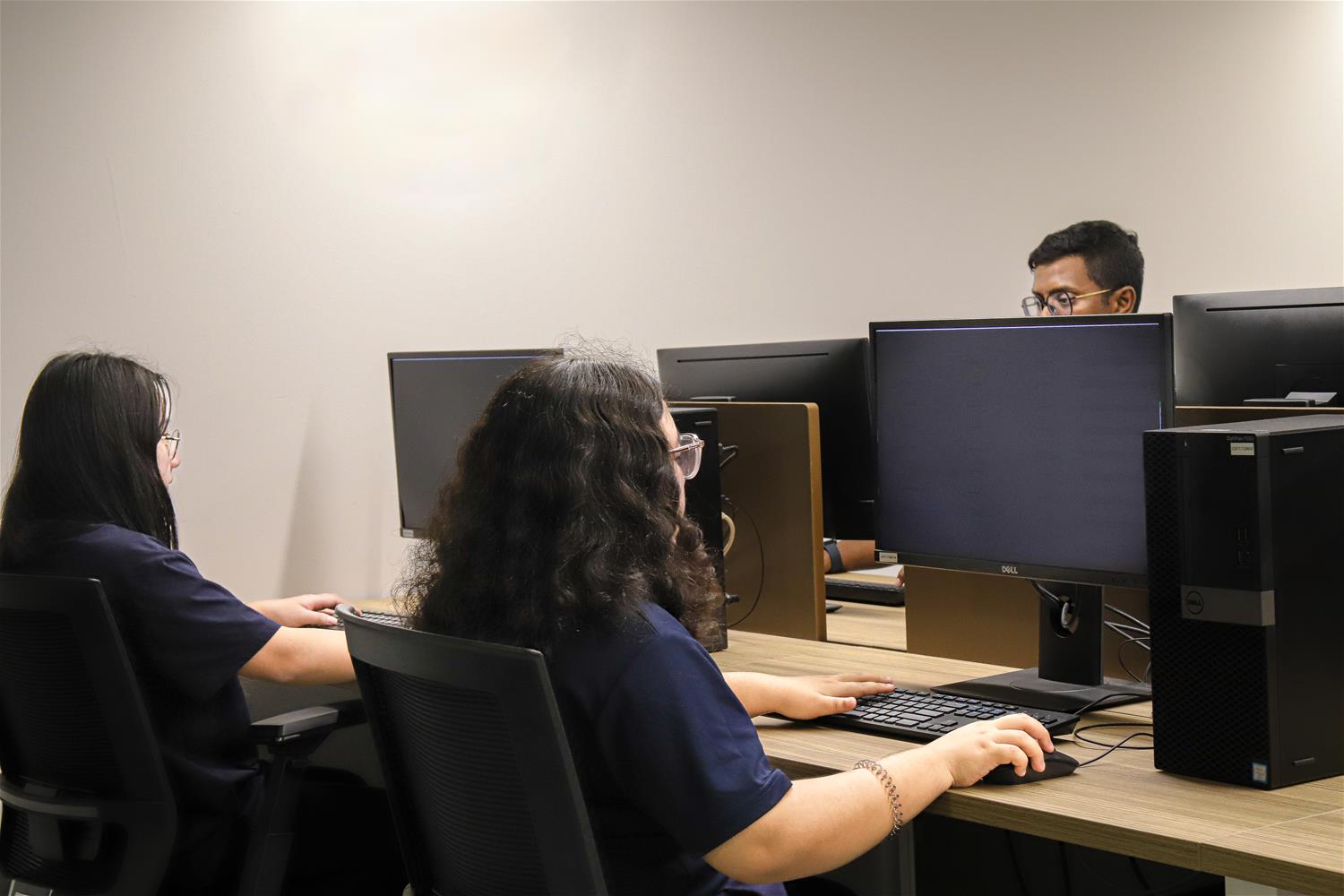In an era of unprecedented connectivity and information exchange, the study of human behaviour has a heightened significance. From the communication practices of individuals in the online space, to decision-making under the influence of an overwhelming volume of information, human behaviour is now heavily influenced by advances in, and accessibility to, online information-sharing platforms.
In 2023, the global internet usage reached a staggering 5.19 billion people, with online citizens spending over 2.5 hours per day on social media platforms, on average. These numbers emphasise the ubiquity of digital connectivity, and the need to understand behavioural patterns in the digital era. They also underscore the intricate world of human decision-making, where accessibility to online information influences content consumption, engagement, and information flows.
The study of human behaviour, is also proving critical in understanding conflicts and social inequality, and offers a powerful tool for bridge-building. It peels back the layers of bias, prejudice, and discrimination, shedding light on the root causes of societal divisions. By examining the psychological underpinnings of intergroup conflicts and the mechanisms that perpetuate inequalities, we can develop strategies for reconciliation, social justice, and inclusivity.
NUS Behavioural Laboratory
To facilitate research on the profound significance of human decision-making, the NUS Behavioural Laboratory was established in 2023. This interdisciplinary platform, which is hosted by the NUS Global Asia Institute, is open to all NUS faculty members and PhD students and supports research that involves human participants. With the science of decision-making being fundamental to many subject domains, including Economics, Information Systems, Marketing, Organizational Behaviour, Political Science and Psychology, it is hoped that the lab will not only drive research within these fields, but also foster interdisciplinary collaboration.
The Behavioural Lab will allow researchers to unravel the intricacies of human decision-making, interactions with technology, and responses to the ever-evolving digital landscape. The lab houses a computer network designed to simulate markets, games, or decision-making scenarios. In addition, it maintains a large active participant pool of over 2000 registered students enrolled across all faculties of NUS, and is therefore suited to testing interventions of cognition and behaviour. Researchers can run both standalone and networked experiments, and those involving personal interaction or teamwork.
In one example study recently conducted at the Behavioural Lab, researchers from NUS Business School examined how monitoring impacts behaviour. Specifically, they tested if trustees act opportunistically when anticipating supervision and if trustors' actions change based on their monitoring ability. The researchers conducted trust games in the lab, with various monitoring conditions. Results revealed trustees behaved compliantly when expecting monitoring and exploited trustors without it. Trustors failed to anticipate this, leading to misplaced trust when they couldn't monitor. This study highlights the risk of trust misplacement among managers, emphasising the need for vigilant monitoring, and what is unseen can be more revealing of trustworthiness than what is observed.
 Participants acting as various stakeholders in the COI experiment. Each computer is equipped with privacy filters to prevent participants from seeing the responses of their neighbouring participants.
Participants acting as various stakeholders in the COI experiment. Each computer is equipped with privacy filters to prevent participants from seeing the responses of their neighbouring participants.
In another study, researchers explored conflict of interest (COI) situations where third-party reviewers assess a firm while benefiting from its rival. Four scenarios were simulated, including COI with single and competitive reviewers and reciprocal relationships between reviewers and rival firms. Results aligned with model predictions, showing reviewer competition can mitigate biased reporting by third-party reviewers in certain contexts. It was also observed that when reviewers are independent establishments – where their revenues come from customer subscription fees rather than platform advertising – reviewer competition is beneficial for the consumers. These findings hold significance for policymakers, as they highlight the importance of monitoring third-party review systems and fostering reviewer competition whenever possible to improve consumer welfare.
The Behavioural Lab is maintained by NUS Global Asia Institute. Faculty members and PhD students interested in using the lab for their behavioural research can make their booking through the NUS Facility Booking System. However, please note that a copy of the NUS Institutional Review Board approval is required. For assistance, please contact the lab manager Ms. Farihin at nfarihin@nus.edu.sg.

